Gesar epic tradition - Insightful Epic Exploration
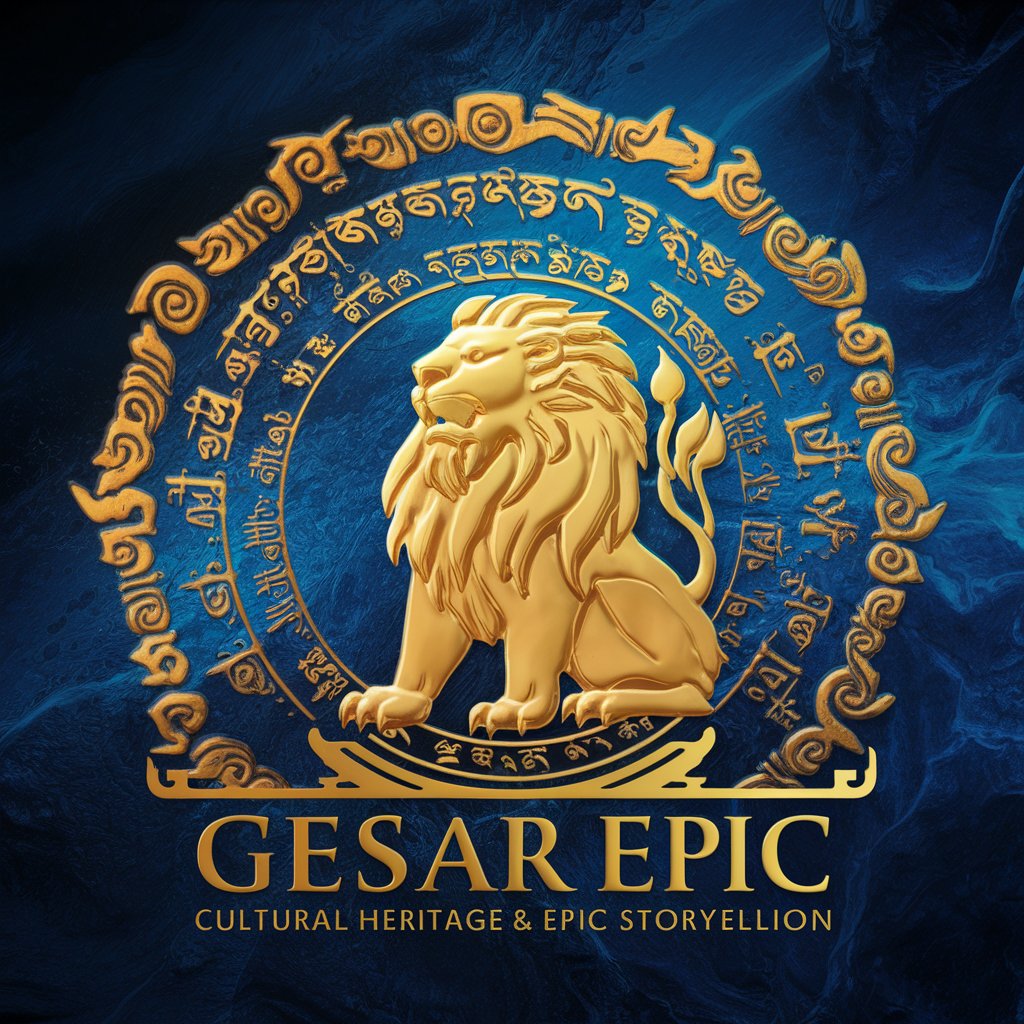
Welcome! Learn about the rich tradition of the Gesar epic.
Explore Epic Traditions with AI
Explain the historical significance of the Gesar epic tradition.
Describe the main themes and characters in the Gesar epic.
What are the key cultural influences found in the Gesar epic?
How has the Gesar epic been preserved and passed down through generations?
Get Embed Code
Introduction to the Gesar Epic Tradition
The Gesar epic tradition, originating from Tibet, is one of the world's longest and most famous epic cycles, celebrated for its intricate narratives, deep cultural significance, and extensive oral and written versions. This epic chronicles the heroic deeds of King Gesar, a legendary figure who is said to have ruled the kingdom of Ling. The narratives are known for their rich layers of mythology, history, religion, and ethics, all intertwined within the themes of good versus evil. The tradition is perpetuated through various forms such as songs, performances, and literary works, preserved by both elders and trained epic singers, known as bards, who perform the epic in a mixture of song and narrative speech. Powered by ChatGPT-4o。

Main Functions of the Gesar Epic Tradition GPT
Educational Resource
Example
Providing comprehensive background information on the Gesar epic's origins, narrative structure, and cultural significance.
Scenario
Used by educators or students in a course focusing on world literature or cultural studies, aiding in the understanding and analysis of this epic.
Cultural Preservation
Example
Highlighting how the Gesar epic is performed, variations in its recitations across different regions, and its role in contemporary cultural practices.
Scenario
Engagement by cultural heritage organizations to create exhibitions or digital archives that showcase the epic's impact on various aspects of Tibetan life.
Literary Analysis
Example
Analyzing themes, character development, and storytelling techniques used in the Gesar epic.
Scenario
Utilized by literary critics or enthusiasts in blogs, articles, or academic papers that delve into the narrative complexity and literary depth of the epic.
Ideal Users of Gesar Epic Tradition Services
Academics and Researchers
Scholars focusing on Asian studies, folklore, and oral traditions who require detailed analysis and comparative studies of epic narratives.
Educators and Students
Teachers and students in secondary and higher education exploring global literatures, particularly those with a curriculum segment dedicated to Asian epics and cultural narratives.
Cultural Enthusiasts
Individuals interested in world cultures, particularly Tibetan culture, looking to understand the historical and societal impacts of the Gesar epic.

How to Use the Gesar Epic Tradition Tool
Step 1: Begin Your Journey
Visit yeschat.ai to start a free trial instantly, no login or ChatGPT Plus required.
Step 2: Explore Sections
Navigate through the categorized sections to find specific aspects of the Gesar epic such as history, themes, or performance traditions.
Step 3: Utilize Search Features
Use the search function to locate specific information or topics within the Gesar epic tradition that you are interested in.
Step 4: Engage with Content
Read articles, watch videos, and listen to audio recordings available to gain a comprehensive understanding of the Gesar epic tradition.
Step 5: Apply Knowledge
Utilize the insights and knowledge gained for educational purposes, academic research, or personal enrichment.
Try other advanced and practical GPTs
Tradition Explorer
Exploring Traditions with AI
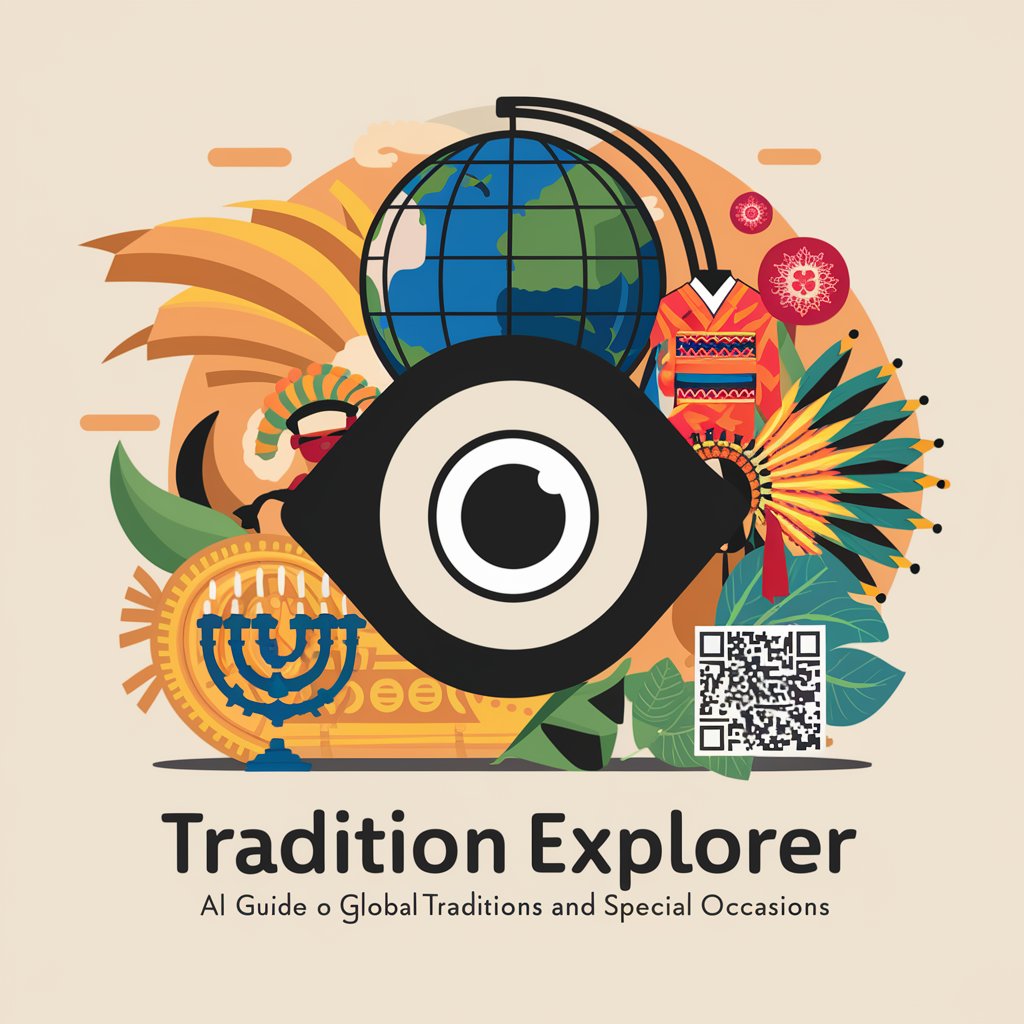
Fit Coach
Tailored Fitness at Your Fingertips

Fit Coach
AI-powered Personal Fitness Journey

Fit Coach
Your AI-Powered Fitness Partner

Fit Coach
Empowering your fitness journey with AI

Fit Mentor
AI-powered Personal Fitness Coach

Chinese Culture and Tradition Tutor
Explore Chinese culture with AI-powered insights
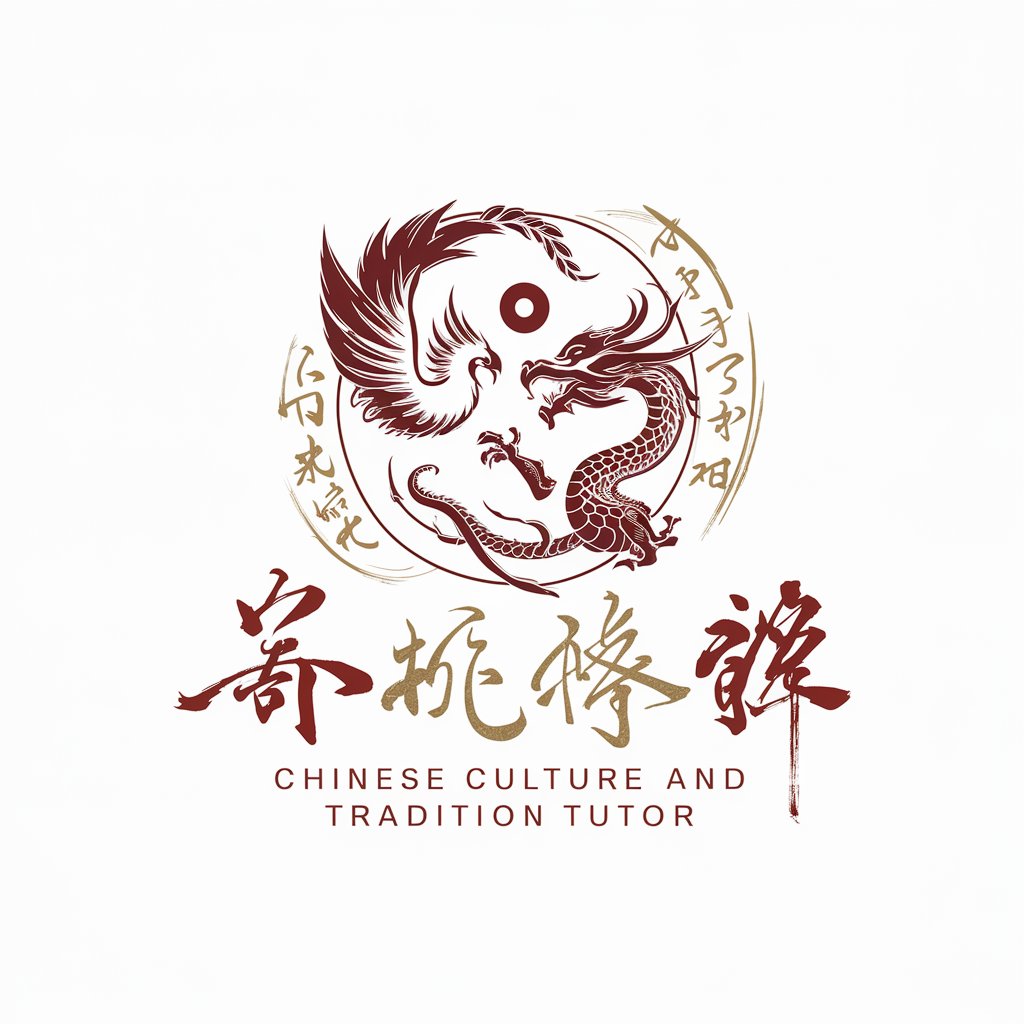
Tradition Explorer
Unlocking Tradition with AI
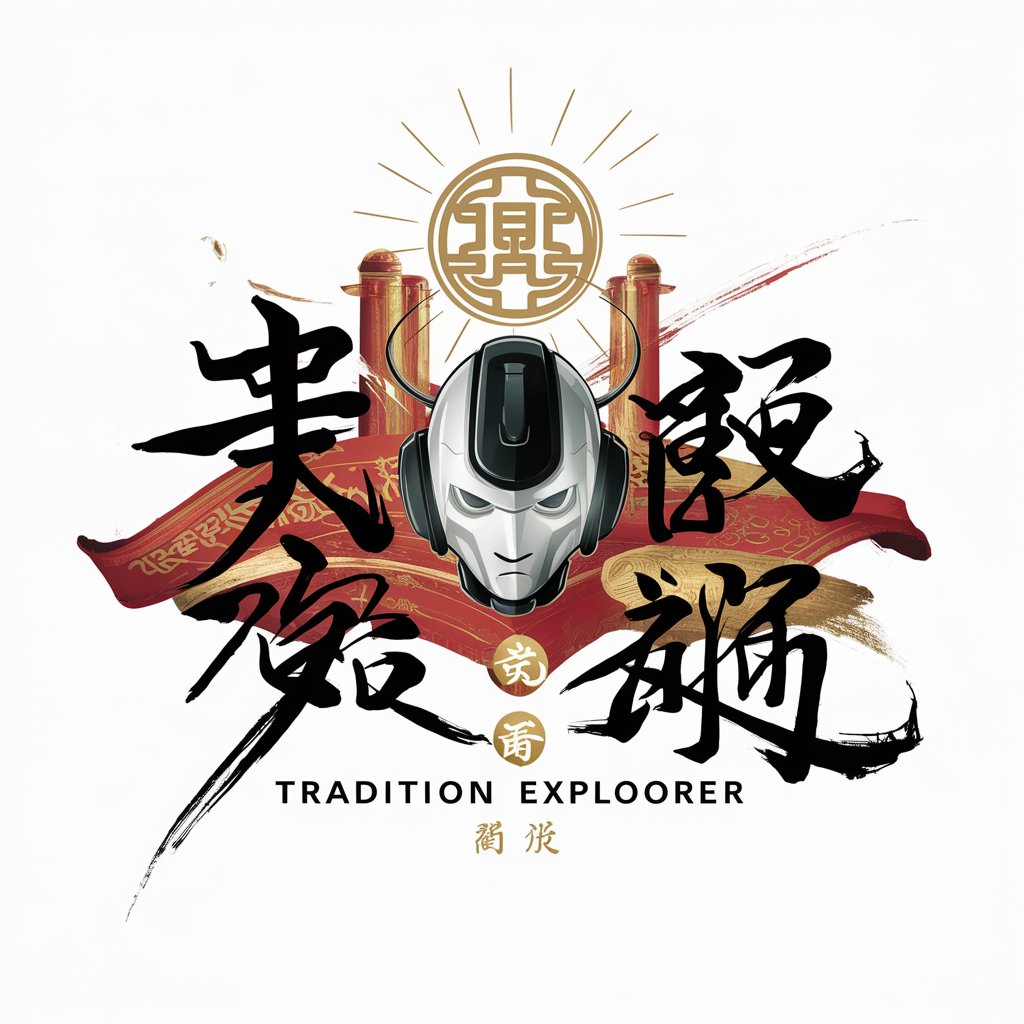
Guardian of Tradition
Authentic Insights into Traditional Catholicism
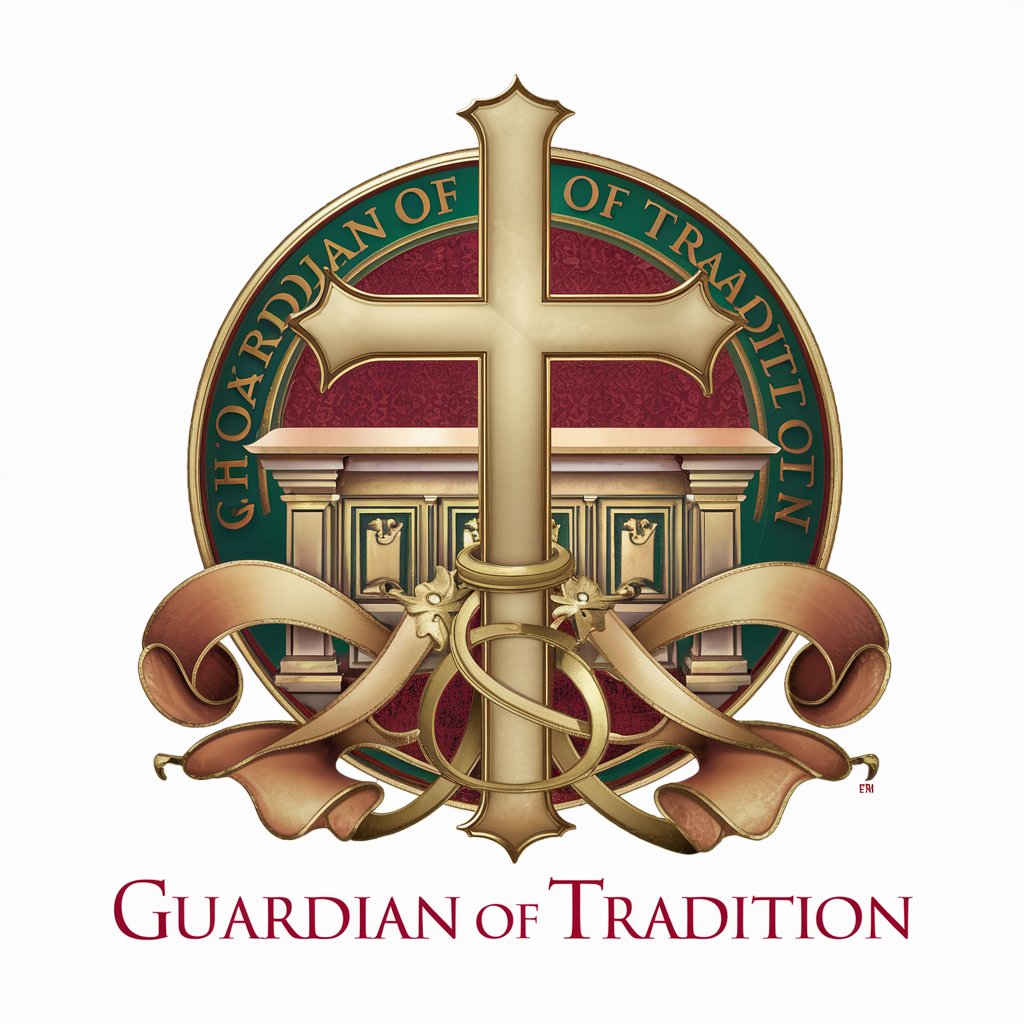
数学老师
AI-Powered Mathematical Mastery

数学の友
Making Math Fun with AI
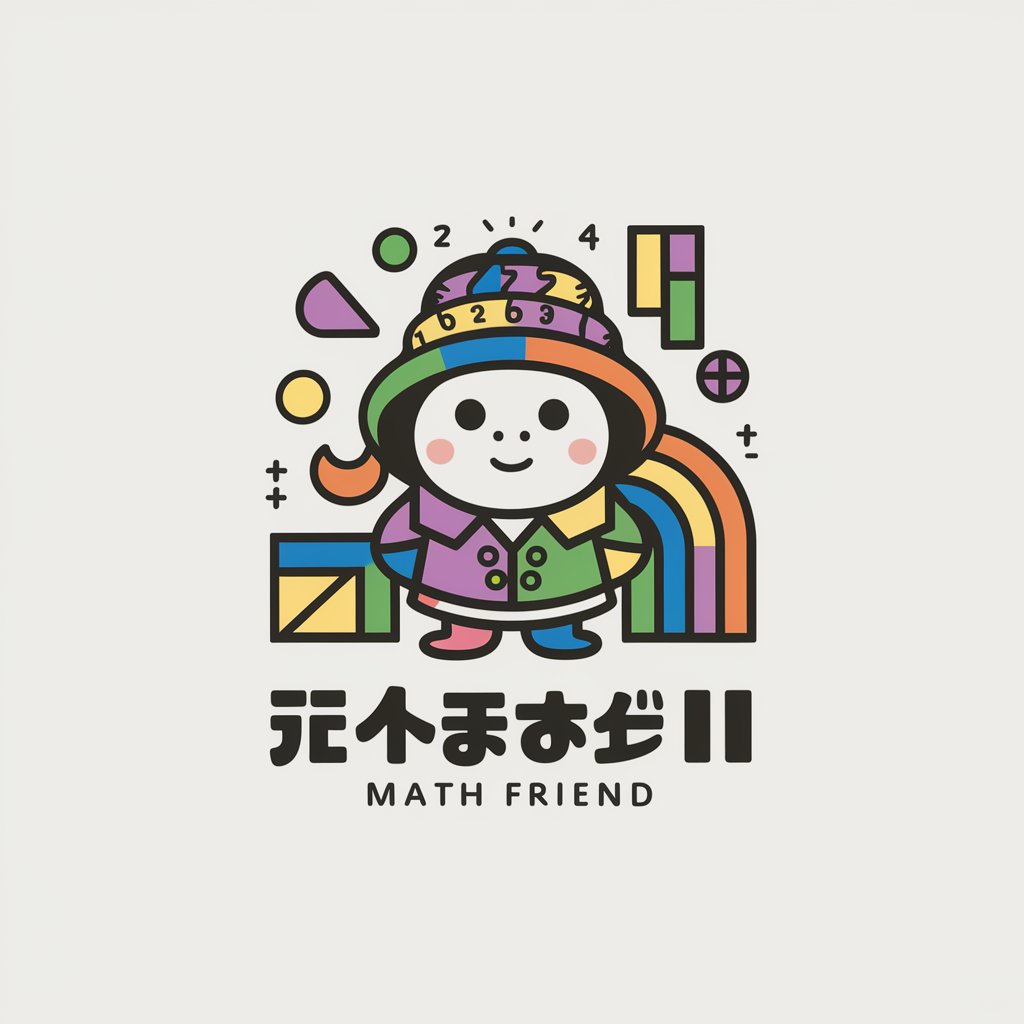
数学大师
Empowering Math Exploration with AI
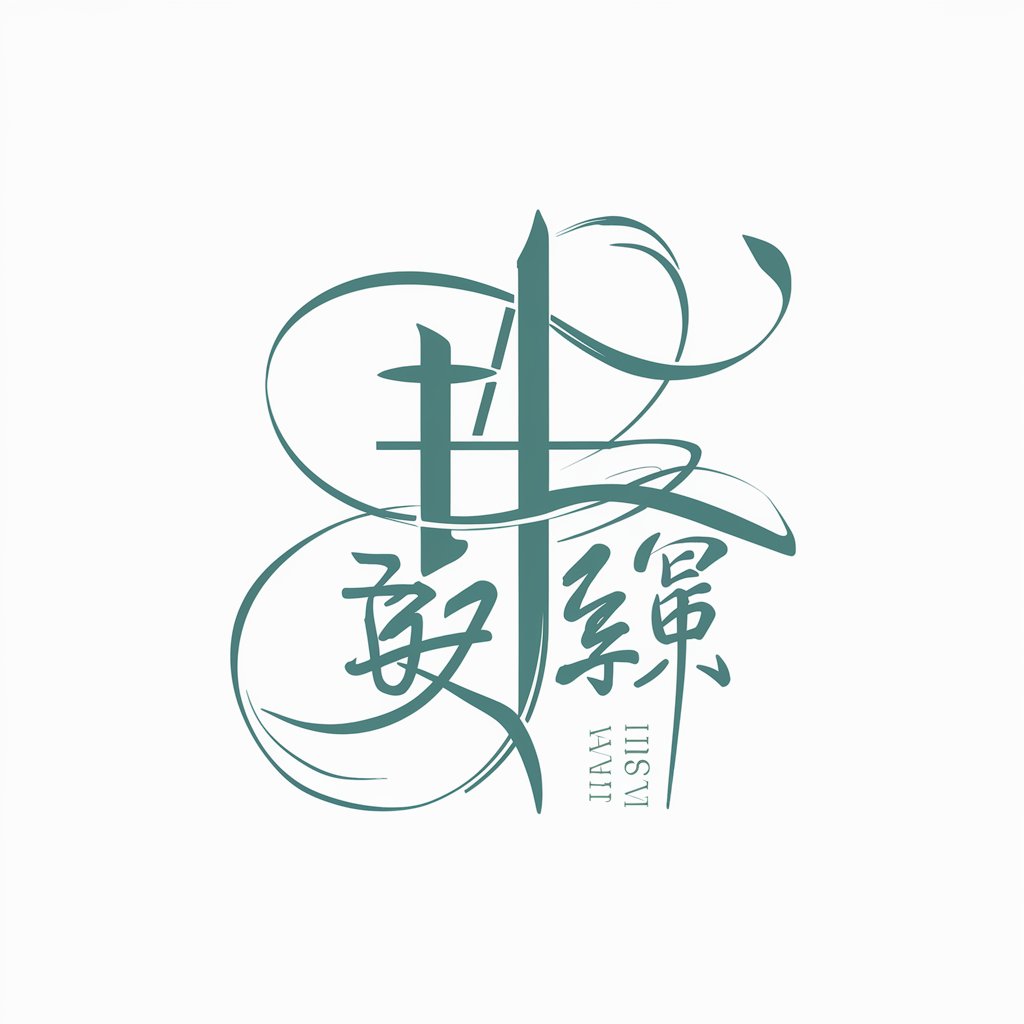
Frequently Asked Questions About the Gesar Epic Tradition Tool
What is the Gesar epic tradition?
The Gesar epic tradition encompasses a series of epic poems from Tibet, reputedly the longest in the world. These epics celebrate the deeds of the mythical Tibetan hero King Gesar, and are an important part of Tibetan culture, used for both entertainment and spiritual teaching.
How can this tool assist in academic research?
This tool offers comprehensive resources including detailed articles, critical analyses, and multimedia resources which are invaluable for students and scholars studying epic literature, particularly those focusing on Asian epic traditions.
Are there multimedia resources available?
Yes, the tool provides access to a variety of multimedia resources, including audio recordings of performances, video documentaries on the tradition, and photographic archives of related artifacts and locations.
Can I use this tool for teaching?
Absolutely. The tool is equipped with teaching aids like lesson plans, summaries of the epics, and discussion topics that can be integrated into curricula at various educational levels.
What unique features does this tool offer?
Unique features include an interactive map of significant locations in the epic, a timeline of the epic's narration history, and the ability to customize viewing options for different user needs, such as translations in multiple languages.
